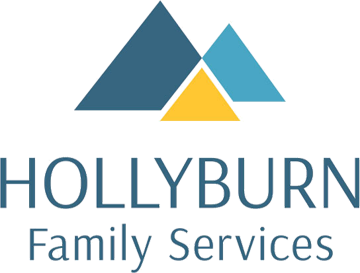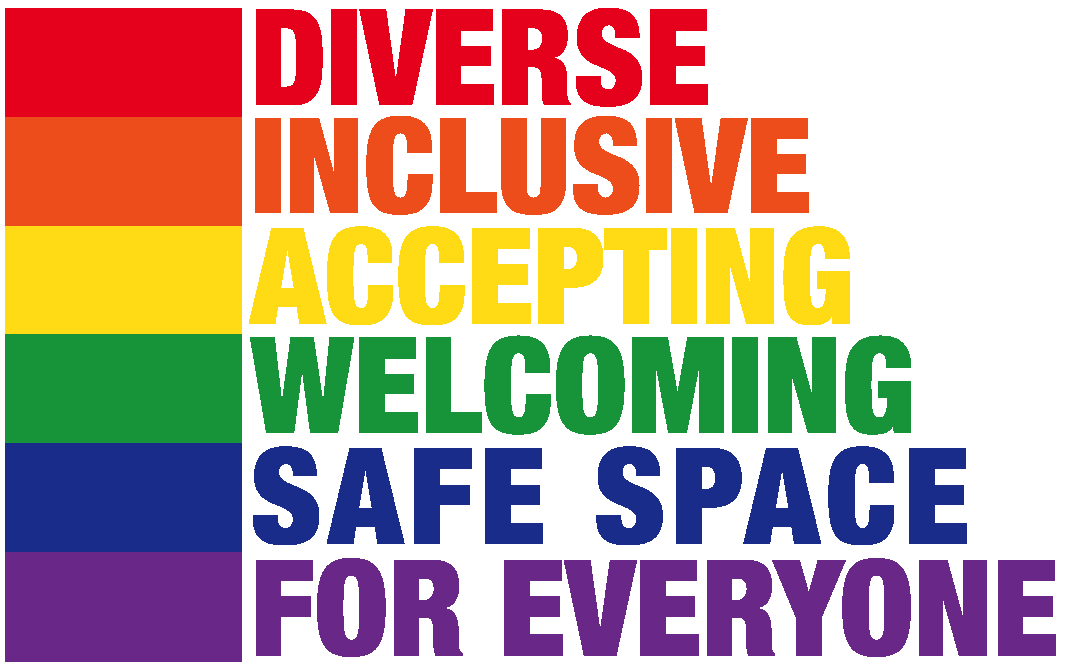The Power of Family in Addiction Recovery
Family counsellor Linda Wolfenden (a resident specialist in working with families impacted by addiction) reflects on the impacts of addiction and the vital role played by supportive, informed family members on those suffering from drug or alcohol dependency.
Settling in for the interview at her North Vancouver office, family counsellor Linda Wolfenden pushes back her desk chair and reclines a little to make room on her lap for her dog Ziggy, a tiny chocolate-brown poodle cross who sometimes joins her workday at this dog-friendly agency. “Addiction is not discriminatory” she states emphatically. “Addiction picks anyone regardless of status, culture, or gender. It holds individuals in a space of secrets and shame.” Experienced as both a counsellor and mentor of those who’ve walked the hard road of drug and alcohol dependency, she explains that addiction is a disease that feeds off of isolation, and effectively separates people from their support systems.
Seeking support is the first major step in battling addiction. Addressing the shame and secrets of an individual’s addiction opens the conversation to recovery. Linda explains that addiction masks itself as a “thinking problem,” whereas addiction is really a problem with two primary components: the psychological obsession, and the inability to stop the compulsion to drink or use drugs. In the first case, the individual cannot stop thinking about the alcohol, or the narcotic. Their mind is completely taken over by the thought of feeding their addiction. The compulsion to drink or use drugs is a bodily response that the individual experiences as an acute, intolerable urge. Addiction robs people of their willpower. Despite their own experience of harm done to themselves, and others, they simply cannot resist this drive to use. As a result, most fail to stop on their own terms without formal and informal supports.
Seeking help breaks the silence that enables the addiction to thrive. By connecting with their family through counselling or community-based services, people who suffer addiction benefit from greater understanding and less judgment about the problem. Many family members cannot grasp why their loved one simply cannot say “no” to the addiction. With help from a counsellor family members can rally together for the benefit of the individual and feel empowered by their efforts to combat the suffering caused by the addiction. A combination of professional and community-based supports are often the most effective solution to addiction. This includes private family counselling, 12-step programs, Smart Recovery programs, and Anonymous family support groups like Al Anon. When family members are invited to better understand the problem, suspend judgement, and find a role to play in their loved one’s recovery, the addicted family member becomes more accountable and is more likely to sustain their recovery.
Linda adds that it’s important to remember that addicts are never “cured.” Remaining clean and sober requires daily maintenance. “When you include your loved ones in recovery, you cultivate a support network that acts as an insurance plan for that continued daily maintenance”. She points out that it’s important for family members to stay true to the recovery plan by not engaging in complicit behaviors that support the addiction. Many family members instinctively act to protect loved ones from experiencing the natural consequences of addiction. She encourages family members to access supports that allow them to cope with the pain of witnessing their loved one’s struggle and resist the urge to rescue them from consequences stemming from their abuse of drugs or alcohol. She explains that it’s only by experiencing consequences of their behaviour that people will strengthen their resolve to stay clean and reclaim their life from addiction.
The role of the family is to support the individual as they experience those consequences. It’s the job of family members to be on stand-by to reassure the addicted family member of their continued love for them, and to communicate hope for their continued recovery. “Addiction is the only disease that convinces you that you are not sick” Linda says, repeating the message that it’s a battle an individual cannot fight on their own. Hollyburn Family Support Services provides experienced family counsellors like Linda who continue to work with individuals, couples and families to tackle the problem of addiction and promote recovery. Family counselling integrates effectively with individual drug and alcohol programs and 12-step services by recruiting family members to combat the isolation that keeps the individual locked in their self-destructive cycle. In Linda’s view, the family is essential to sustaining progress and keeping the individual accountable to recovery.
Linda Wolfenden has worked for more than 25 years with individuals, couples and families who are impacted by drug and alcohol addiction. To inquire about counselling services with Linda, and to arrange a free 10-min consultation call, email her at email hidden; JavaScript is required.
Delaney Nicola is Communications student at Capilano University. She is an intern writer and contributor to Hollyburn Family Services’ mental health blog.


